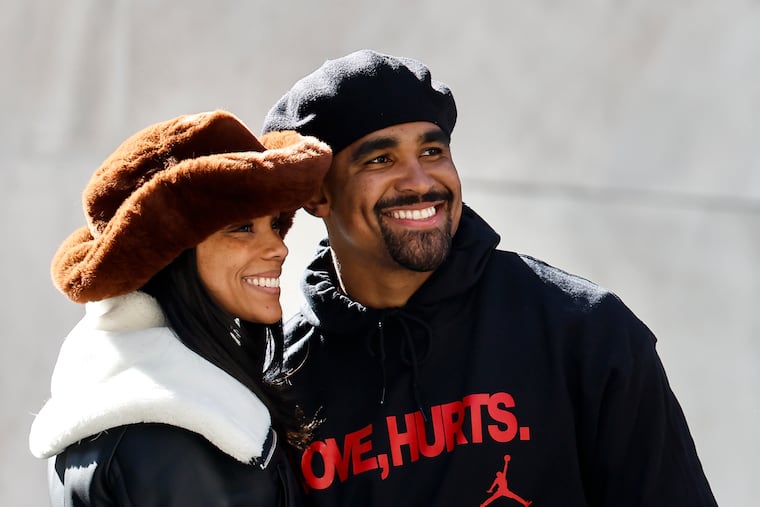UF presidential candidate’s changing positions reveal his leadership style.
Santa Ono, the newly appointed president of the University of Florida, recently experienced a tumultuous week marked by mixed public reactions. Just hours before being named the sole finalist for Florida’s top academic position, Ono faced criticism during a commencement address at the University of Michigan in Ann Arbor, where he was booed over his handling of campus protests. Two days later, however, he was welcomed with standing ovations at the University of Florida’s Gainesville campus. This stark contrast suggests a deeper ambivalence among stakeholders regarding Ono’s shifting positions on contentious cultural issues, raising questions about the motivations behind these changes.
The mixed sentiments surrounding Ono extend to influential conservative commentators who have played a significant role in shaping Florida’s higher education policies. On a platform, New College trustee Christopher Rufo, known for his criticisms of critical race theory and diversity initiatives, characterized Ono as a “left-wing administrator” unfit for the position. Conversely, Jesse Arm of the Manhattan Institute praised Ono’s recent adjustments, asserting that he was aligning with changing cultural expectations.
Criticism from U.S. lawmakers has also surfaced. Representative Byron Donalds, perceived as a potential candidate in the upcoming governor’s race, has expressed doubts about Ono’s qualifications, while Florida Governor Ron DeSantis previously indicated that all finalists for the position must align with the state’s views on diversity, equity, and inclusion.
Ono’s nuanced approach is particularly evident regarding topics such as diversity and climate change. Previously, as president of the University of British Columbia, he championed initiatives aimed at supporting marginalized communities, even pledging full fossil fuel divestment in response to student activism. He launched the “D.E.I. 2.0” initiative at Michigan, which allocated upwards of million for diversity programs. However, he has since shifted his stance, emphasizing a merit-based approach that benefits all students, not just historically underrepresented groups.
During a recent forum at UF, Ono articulated his decision to close the university’s Office of Diversity, Equity, and Inclusion, citing the need to optimize resources towards student aid rather than administrative functions. He voiced skepticism about past priorities and claimed they did not reflect the institution’s best interests moving forward.
On issues related to climate change, Ono’s current position reflects a change from his earlier commitments to aggressive climate action. At UF, he has stated that his focus will be on scientific research rather than political commentary.
Furthermore, his handling of the COVID-19 pandemic showcases a shift in philosophy. At the University of British Columbia, Ono supported strict vaccination mandates; however, he commended UF’s more lenient approach, suggesting their procedures were appropriate under state guidelines.
As Ono’s tenure unfolds, students and faculty express concerns about his alignment with state policies and Governor DeSantis. His approach, described as pragmatic by some, poses a dilemma: the extent to which flexibility in leadership represents adaptability versus opportunism. As he awaits formal approval from the UF Board of Trustees and the state Board of Governors, Ono’s ability to navigate these challenges will be closely scrutinized moving forward.
Media News Source






